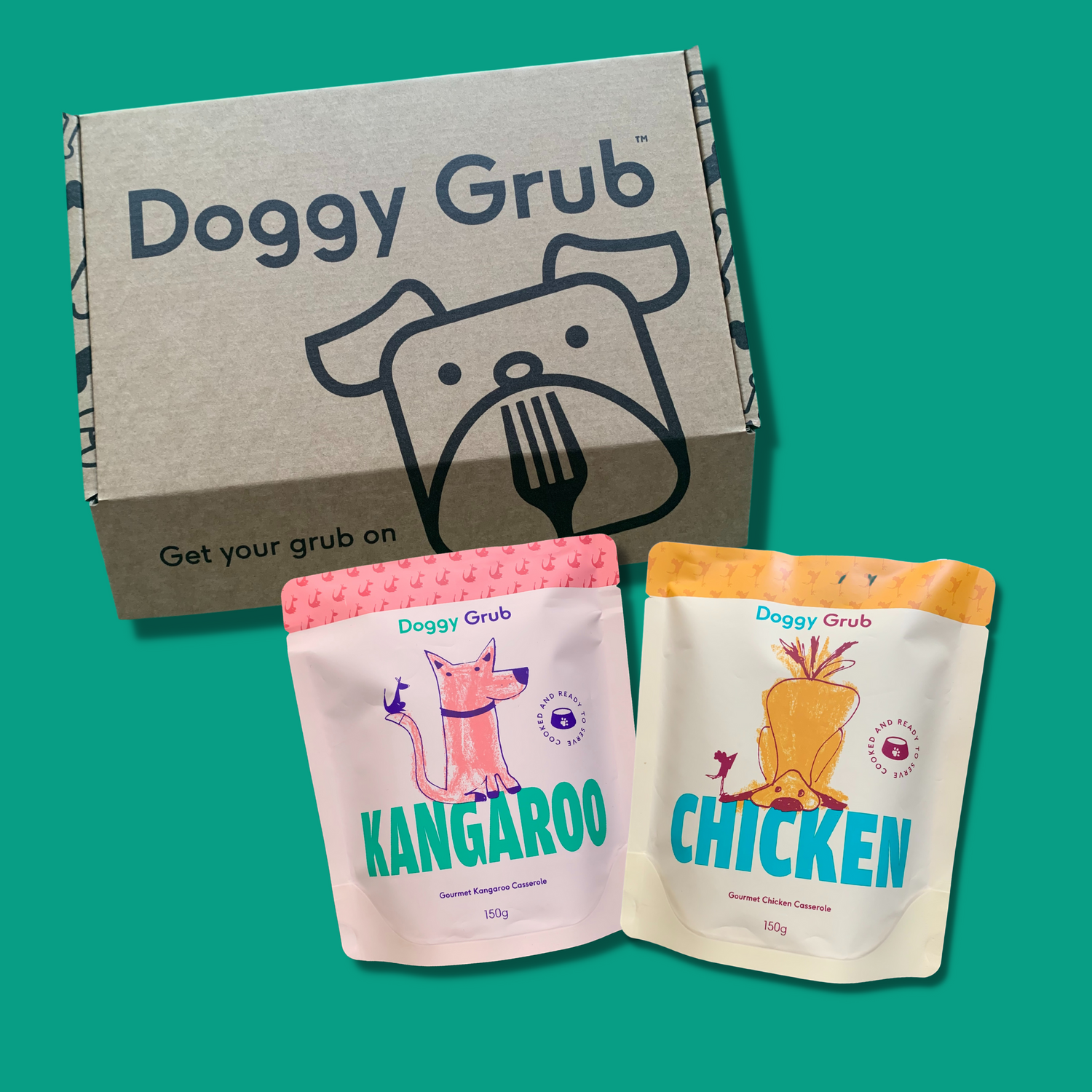We all want to be good fur parents to our pets but navigating the world of supplements can be challenging. On one hand, we're being told that the food we feed our dogs is complete, on the other hand, we take a trip to the pet shop and are bombarded with vitamin and supplement's offers.
Is your dog getting enough nutrients? Does your dog need supplements and which one to choose?
In this post, we'll take a look at some natural supplements and learn to recognize the signs that may indicate deficiencies.

First off, we firmly believe that a lot of the vitamins and nutrients can be found in natural, wholesome food. Some super-foods are very easy to add to your dog's diet and will help you avoid synthetic alternatives.
Dogs do not require many vitamins and a well balanced diet should give your pet the amount required. However, if you want to go down the path of synthetic multi-vitamins, it's important to talk to your vet first.
Fatty acids and Vit A
By far the easiest natural supplement to introduce to your dog's diet, fatty acids are omega 3 and omega 6. They give energy, lubricate the joints and digestive tract and support health and development of organs and tissues.
We've thrown Vit A in this section too because it requires a good enough amount of fat to be eaten to be absorbed, as it is a fat soluble vitamin. Vit A supports good vision and maintains healthy skin and soft tissue.
So the two go hand in hand!
Signs and Symptoms that your dog might be lacking fatty acids and Vit A are:
- poor skin (dry and flaky),
- dull coat
- being sick often
- allergies and yeast infection
What to do?
Start sprinkling ground flaxseed or mixing coconut oil, or flax oil into your dog's food. If you feed your dog dry biscuits, mixing oil will also help with digestion and palatability.
Alternatively, a daily capsule of fish oil (same as the ones you are using) can be given, and will also help preventing joint pain in senior dogs.
Sweet potatoes, pumpkin and carrots are a great source of Vit A (think about anything orange in the veggie family!)

Vitamin B
The Vitamins from the B family (eight in total) aren't a source of energy per say but are necessary to help process the fuel found in the food.
Signs and Symptoms that your dog might be lacking Vitamin B are:
- slow growth in puppies
- eye problems
- inflamed gums
- lack of appetite
- black tongue
- bone pain
- allergies
What to do?
Vegetables and whole grains are a great source of B vitamins. Think about integrating oats, quinoa, brown rice, bananas, nut butter (peanut or almond) and leafy greens such as spinach or kale.

Remember that not all symptoms are due to a vitamin deficiency and some symptoms can be caused by a variety of deficiencies so better to keep an eye on your dog's overall health and consult your vet (preferably holistic) when in doubt.
However, if you have a healthy pet and are looking to help him/her live a long and healthy life with few trips to the vet, we highly encourage you to incorporate natural supplements into their diet and avoid the synthetic kind.
And if this is all too much for you, Doggy Grub has got you covered with our Natural Canine supplement made from human-grade superfoods (yep, that means you too can actually mix it into your morning smoothie!)
Want to be the first to get your paws onto the hottest topics? Subscribe to our newsletter!
-------------------------------------------------------------------------------------------------
The Doggy Grub blog is dedicated to helping dogs and their owners achieve happier, healthier lives, changing the way we feed our dogs one bowl at a time! If you would like to know more about our fresh food head to Doggy Grub










